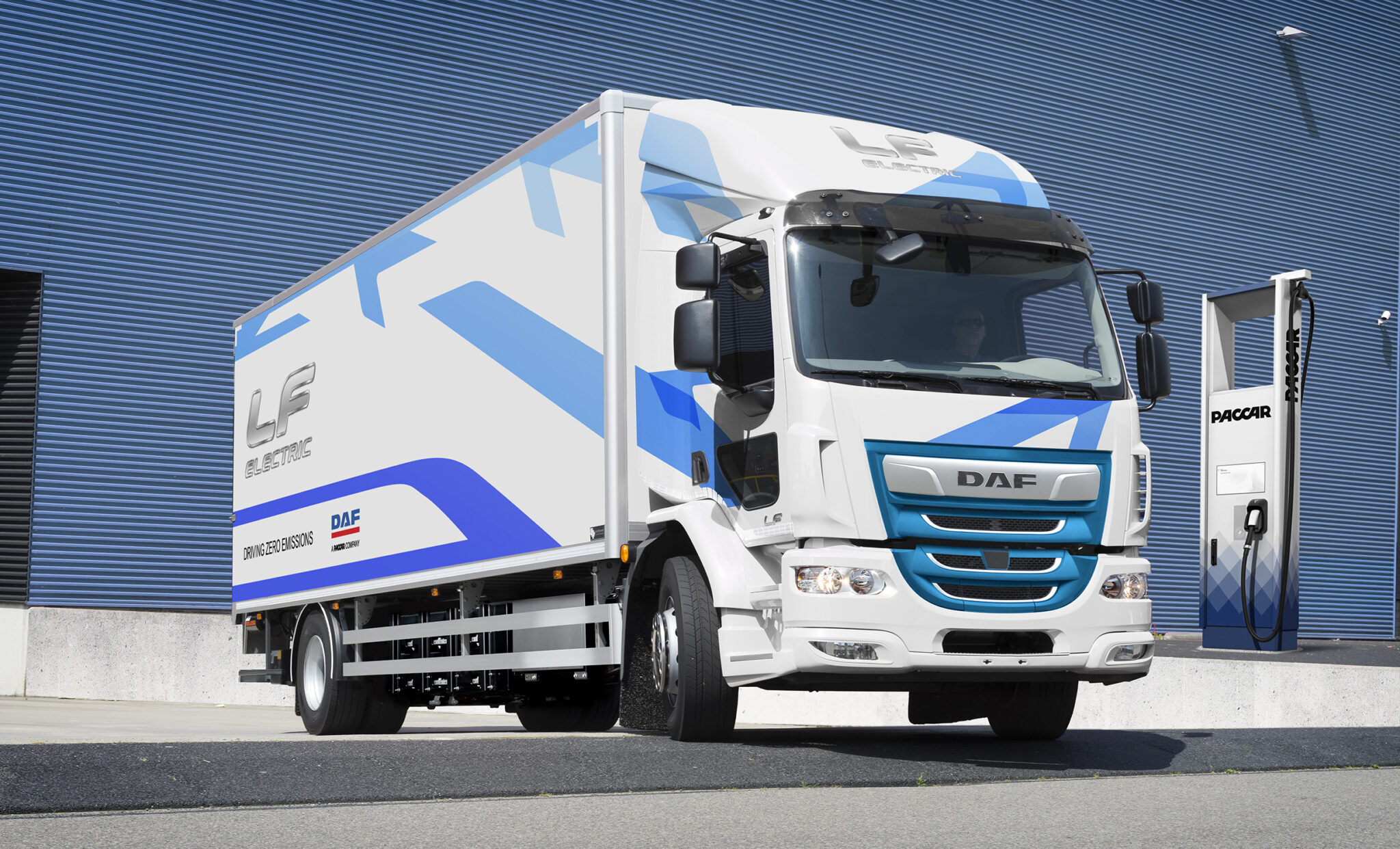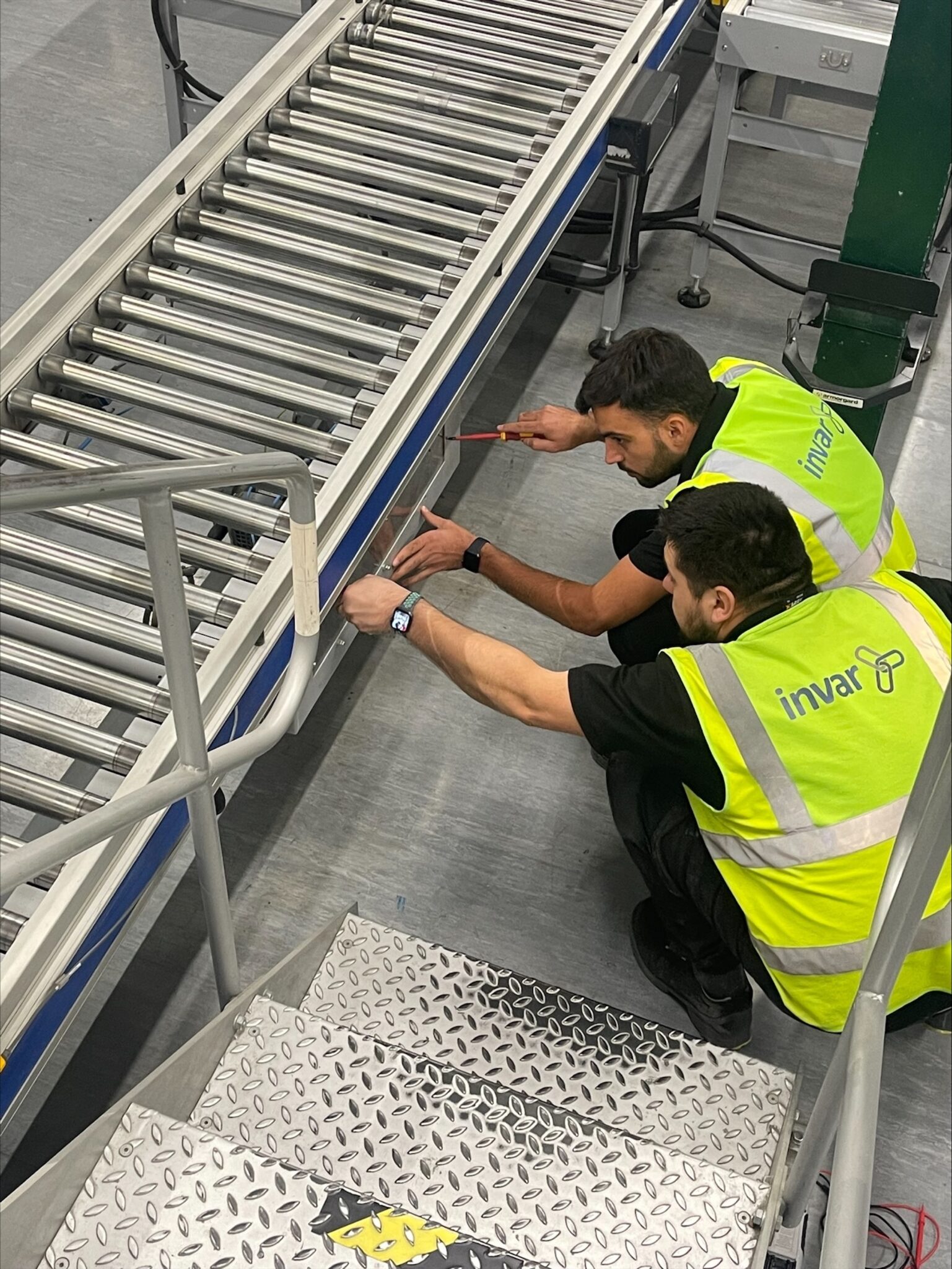At the distinguished Irish Exporters Association Awards 2023 in the Convention Centre, Dublin, Moffett Automated Storage shone as a symbol of outstanding achievement, securing the esteemed honour of being named Irish Private Business of the Year. This not only acknowledges their remarkable impact in the realm of automated storage solutions but also highlights their crucial position in Ireland’s flourishing export industry.
A Testament to Innovation and Excellence
Moffett Automated Storage, headquartered in County Monaghan, has recently been at the forefront of revolutionizing the logistics and storage industry. Established in 2017, the company has consistently pushed boundaries and set new standards for quality, efficiency, and reliability in the sector. The award is a testament to the tireless dedication and innovative spirit that the team at Moffett Automated Storage brings to their work every day.
Moffett Automated Storage has been a pioneer in the development and implementation of automated storage systems. Their state-of-the-art technology has empowered businesses across industries to optimize their operations, reduce costs, and increase productivity and sustainability.
Their solutions encompass a wide range of products and services, including automated storage and retrieval systems (AS/RS), conveyors, picking systems, and warehouse control software. By integrating these technologies seamlessly in a black box solution, Moffett has enabled businesses to achieve levels of efficiency that were previously unimaginable.
Catalysing Ireland’s Export Growth
The recognition as Irish Private Business of the Year serves as a testament to their vital role in shaping Ireland’s export landscape, particularly in an era where efficient logistics and warehousing are more crucial than ever.
Moffett Automated Storage also stands out for its commitment to sustainability and corporate responsibility. They have made substantial efforts to reduce their environmental footprint by implementing energy-efficient technologies and promoting sustainable practices in their operations.
Moreover, they have actively engaged in community endeavours, supporting local businesses and charitable causes. This approach to business not only reflects their values but also sets an example for others in the industry.
A Vision for the Future
With this award, Moffett Automated Storage claims to have affirmed its status as a trailblazer in the field of automated storage solutions. Their dedication to excellence, innovation, and corporate responsibility positions them as a beacon for the industry as a whole. Looking ahead, Moffett’s vision extends beyond national borders. They aim to continue their expansion into global markets, sharing their expertise and technology with businesses worldwide.







